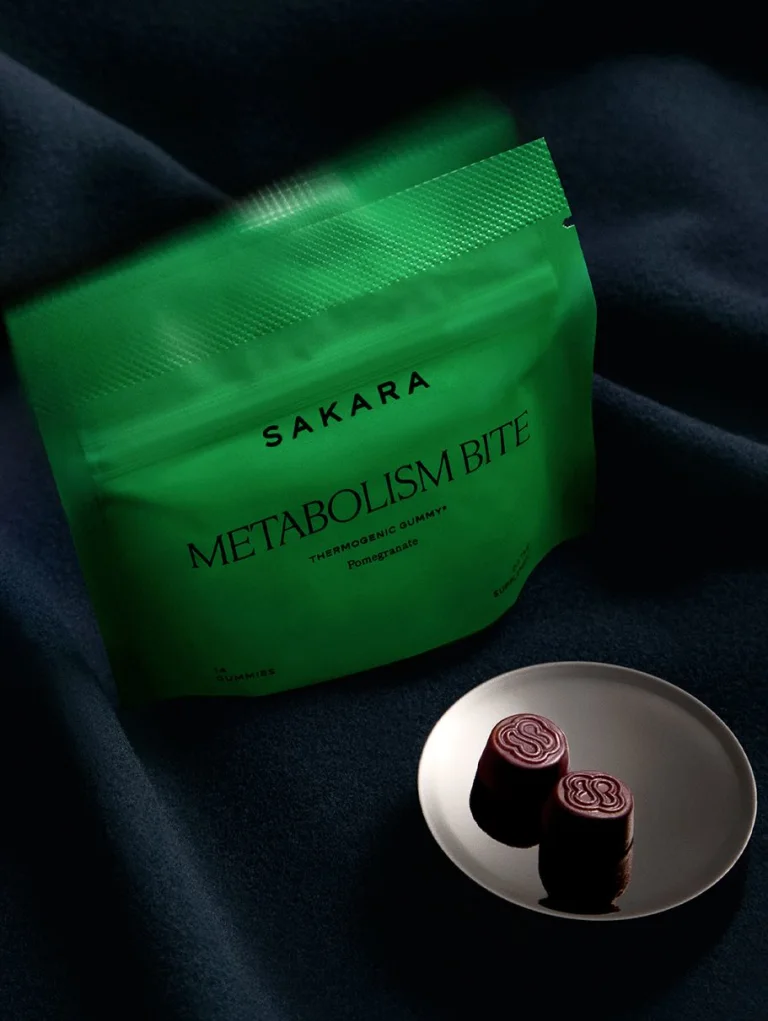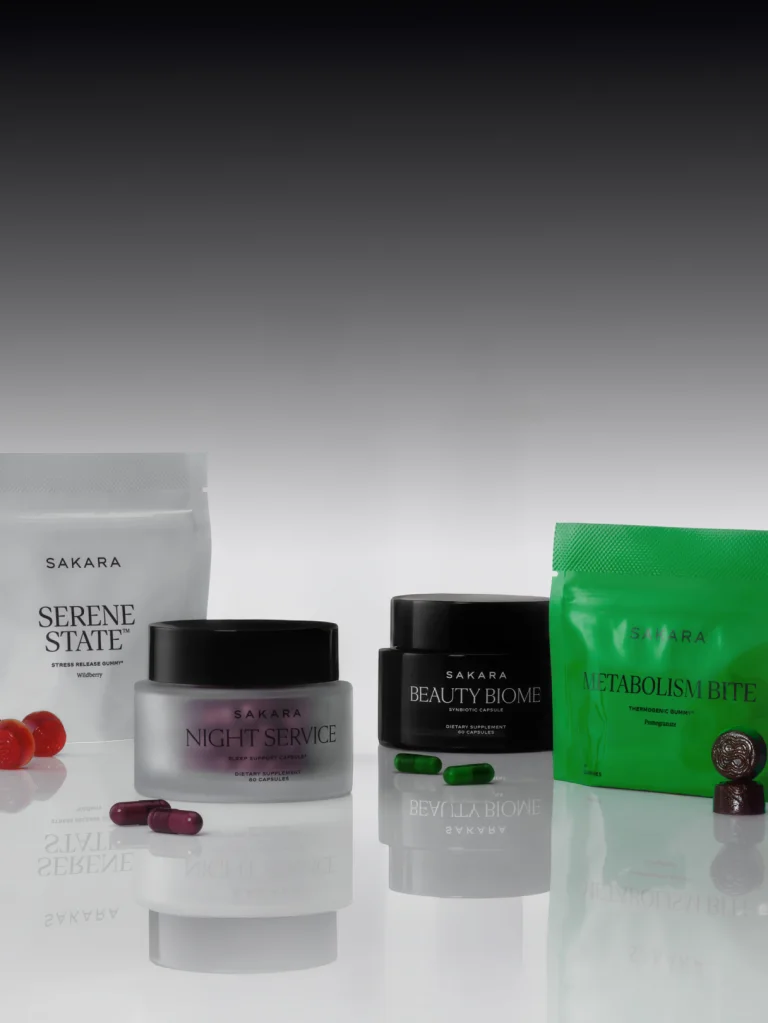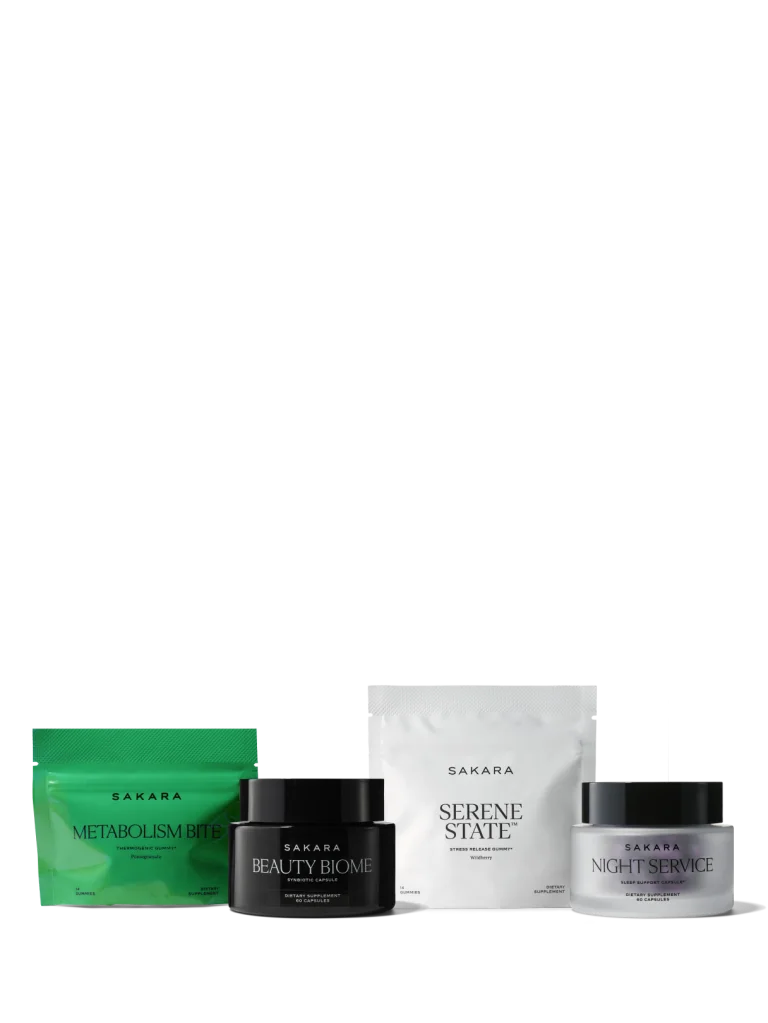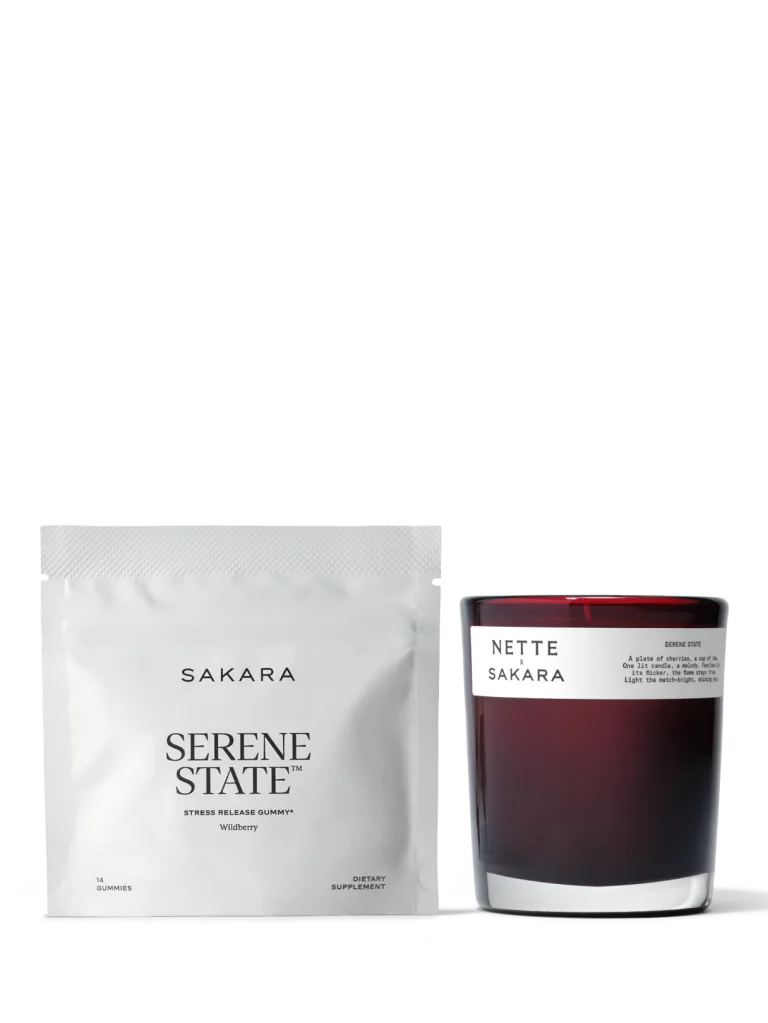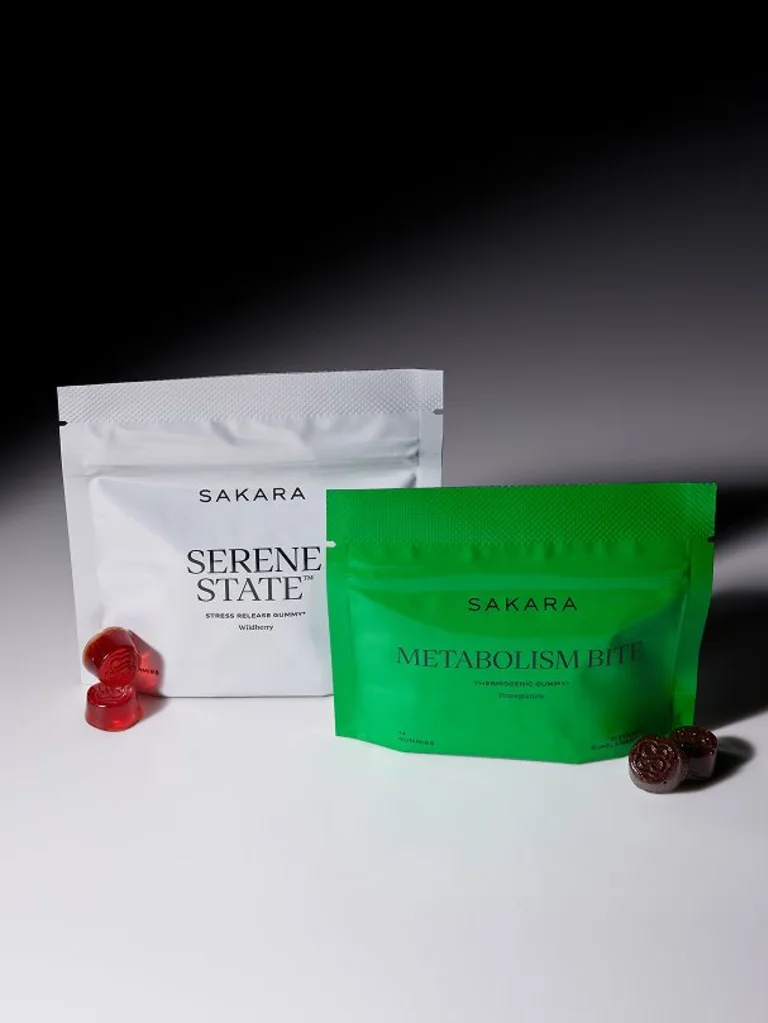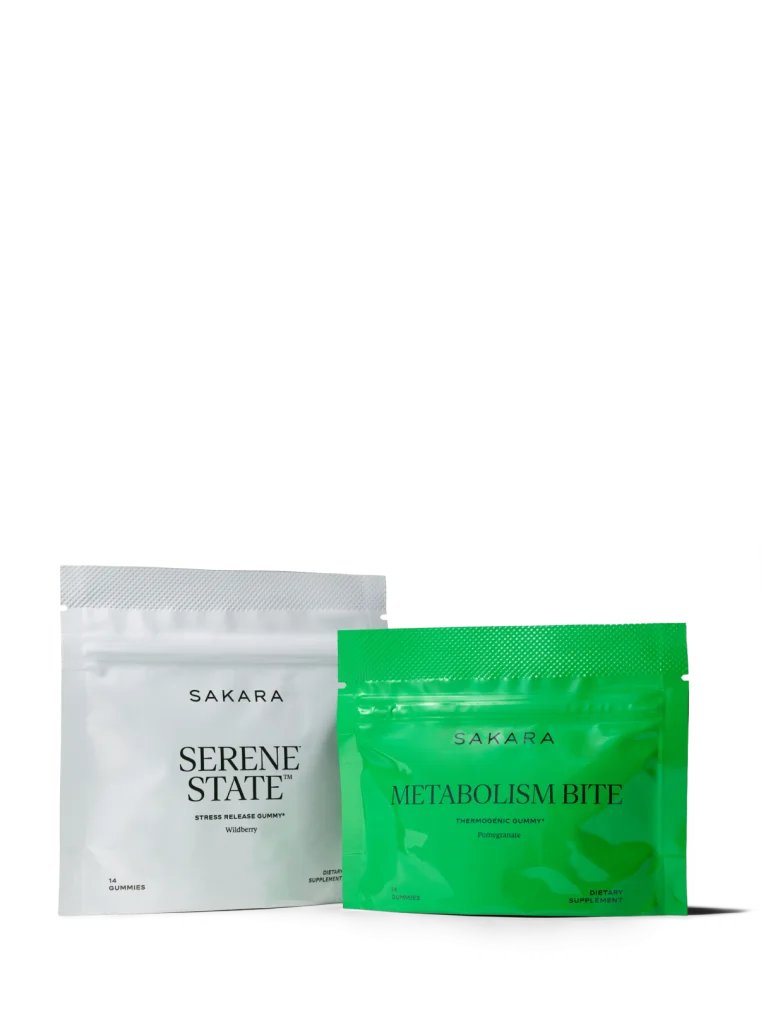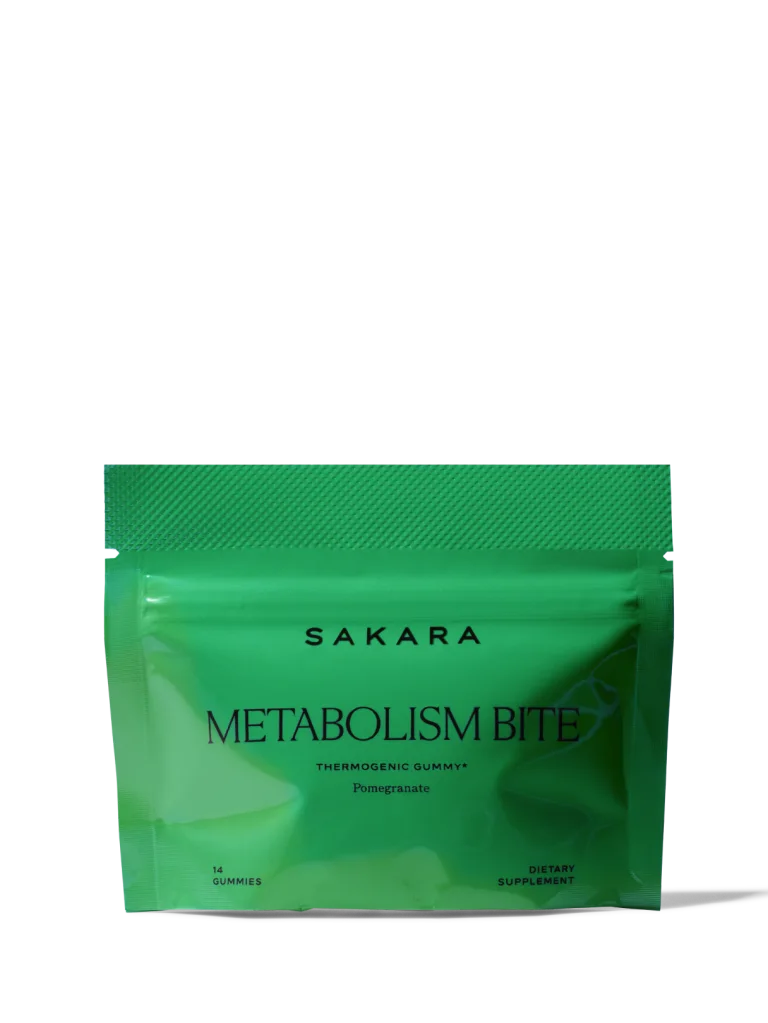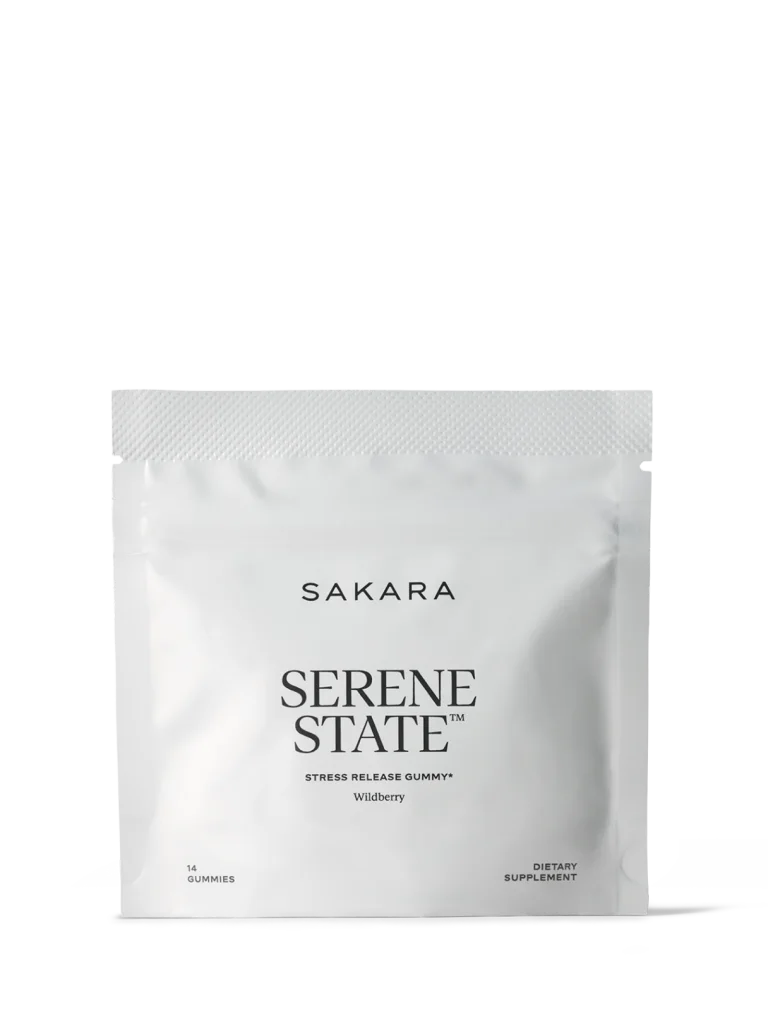Food is information; it tells our body how to function, and which genes to turn on and off. Each bite has the ability to promote health, beauty, and so much more. Our plant-rich nutrition programs are created with this in mind, using a set of nine nutritional pillars to guide us.
1. No Calorie Counting
The standard “calories in versus calories out” idea has oversimplified what it means to fuel and nourish our bodies, boiling our health down to a set of numbers rather than the complex, brilliant ecosystem that it is. Science has debunked this outdated and limited way of thinking about food and the body, illustrating that not all calories are created equal. We encourage our clients to count nutrients rather than calories to understand the impact food has on our health.
2. Include Plant Protein
Proteins are made up of amino acids, and there are nine amino acids that are considered "essential," as our bodies don't make them, so we must get them from our food. A protein source with all nine essential amino acids is considered a complete protein. That said, you don't need to get them all from a single source. What matters is that you’re getting a full spectrum of amino acids that your body can use to make the proteins it needs to structure cells, repair organ tissues, build muscle, and more—and you can get that full spectrum by eating a diversity of plants. Our meals are expertly designed with an abundance of plants to ensure that you get all of the essential amino acids you need.
3. Eat Your Water
Hydration is the most fundamental piece of supporting whole-body health, from flushing the body of toxins and regulating body temperature, to providing H2O to healthy cells. Staying sufficiently hydrated for whole-body health is about more than just drinking eight glasses of water a day: it’s about eating and absorbing your water.
When we eat water-rich veggies, we absorb the water that’s trapped within the fresh plant’s web of fiber, vitamins, minerals, and phytonutrients. This way, our bodies absorb more water more slowly, and further down in our digestive system, leaving us more hydrated for longer periods of time. When you’re eating with Sakara, you’re receiving a constant flow of hydration and nutrients, thanks to our water-rich organic, fresh ingredients.
4. Get Your Greens
Greens are one of the least-consumed foods in the Standard American Diet, and yet the most impactful to inner and outer health. Rich in water, micronutrients, and phytochemicals, they impart a host of body benefits, from improving gut health and boosting energy, to fending off chronic diseases, strengthening immunity, and aiding weight loss.
Greens are super-hydrators—releasing a steady, soothing dose of water, vitamins, and minerals as their phytonutrient-rich, fibrous cells break down in our bodies during the digestion process. This is why every Sakara day incorporates green plants.
5. Incorporate Good Fats
Fats can have a bad reputation, but not all fat is bad fat—some fats are good and essential to a healthy, functioning body. Healthy fatty acids (especially those derived from foods like avocado, cold-pressed olive oil, nuts, and seeds) are one of our bodies’ most basic building blocks, supporting everything from our cell walls to our brain and skin.
At Sakara, we use the highest quality, organic, cold-pressed oils in our meals. We focus on healthy fats that help activate PPAR-alpha and fat-burning pathways in the body, helping you to burn fat and keeping you feeling satiated on a plant-rich diet.
6. Eat the Rainbow
On a typical day of Sakara, you will eat over 75 distinct plant species, in a full spectrum of rainbow hues. Each plant is a different color because it has a different nutrition profile: red veggies tend to be high in vitamin C, vitamin A, and lycopene; while oranges are higher in vitamin K, potassium, and beta carotene. By getting a large variety of plants into your diet, you get a wide variety of nutrients into your body, which provide everything it needs to function properly, from aging gracefully to helping fight disease.
Dietary diversity is also essential to nourishing a diverse microbiome, the epicenter of our health. By having a large number of plants in your diet, you’re getting a variety of fiber that nourishes and fuels your gut microbiome and makes it more adaptable—which then helps your body with everything from immunity to skin health.
7. Revel in Nutrient Density
Our food is the raw material that builds our bodies. From generating strong muscles and new tissues to making hormones and new cell walls, the nutrients we consume are our building blocks, so we want our food to work for us, not against us. This is why we include superfoods in every meal: Special ingredients that are nutrient-dense, or have been shown to have medicinal properties.
We also source the highest-quality plant ingredients from local farms who care for their soil. Healthier soil makes for more nutrient-rich produce, delivering a full spectrum of essential nutrients your body (and mind) needs to thrive.
8. Sulfur-Rich Veggies
Sulfur is a key nutrient, especially when it comes to beauty. The nutrition benefits of sulfur-rich veggies are infinite—from being a precursor to the body’s major antioxidant, glutathione, and nourishing the cells and mitochondria that help our body rid itself of toxins, to synthesizing the proteins and collagen that strengthen joints and beautify hair, skin, and nails. A typical day on Sakara includes at least two sulfurous vegetables, such as cabbage, kale, broccoli, cauliflower, onions, garlic, and Brussels sprouts.
9. Cultivate Body Intelligence
Body intelligence is about building a body you can trust and listen to. Our bodies are innately brilliant, constantly communicating when we need more or less of certain nutrients, when you’re thirsty, hungry or sleepy, and more—but sometimes these natural signals can get thrown off. There are thousands of environmental and nutritional toxins that can disrupt the way your body maintains balance to communicate effectively. The good news is that when we’re aware of these inputs, we can avoid the ones that don’t serve us,
Another essential piece of cultivating body intelligence? The gut. “Listen to your gut” is more than just an expression, as your gut is your second brain. It houses 100 million neurons and works closely with your brain in making every single decision you face daily. This is why a healthy gut is linked to intuition and feeling connected. Our plant-rich meals are optimally balanced to nourish and optimize your innate internal communication systems, so you can trust the signals that your body is sending you, and crowd out the toxic noise.



